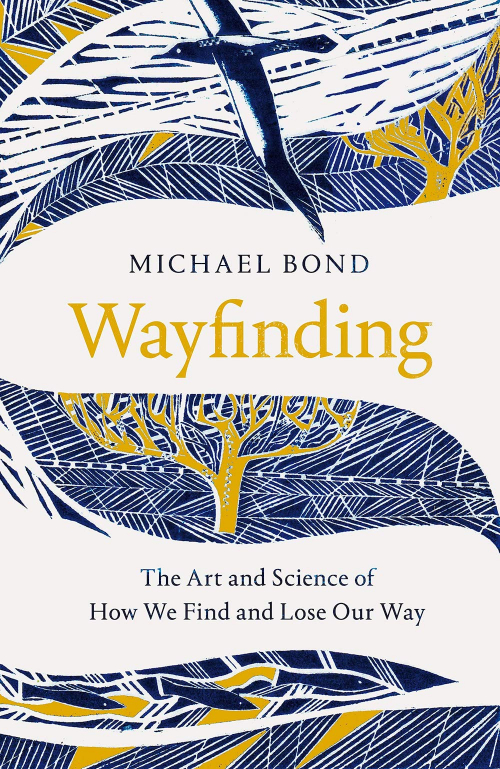Synopsis
Moyenne
19.0
1 vote
EXCELLENT
In Wayfinding, Michael Bond explores how we do it: how our brains make the ‘cognitive maps’ that keep us orientated, even in places that we don’t know. He considers how we relate to places, and asks how our understanding of the world around us affects our psychology and behaviour.
The way we think about physical space has been crucial to our evolution: the ability to navigate over large distances in prehistoric times gave Homo sapiens an advantage over the rest of the human family. Children are instinctive explorers, developing a spatial understanding as they roam. And yet today few of us make use of the wayfaring skills that we inherited from our nomadic ancestors. Most of us have little idea what we may be losing.
Bond seeks an answer to the question of why some of us are so much better at finding our way than others. He also tackles the controversial subject of sex differences in navigation, and finally tries to understand why being lost can be such a devastating psychological experience.
For readers of writers as different as Robert Macfarlane and Oliver Sacks, Wayfinding is a book that can change our sense of ourselves.
Titre original : Wayfinding (2020)
1 édition pour ce livre
Aucune chronique pour ce livre
En vous inscrivant à Livraddict, vous pourrez partager vos chroniques de blog dans cette zone ! M'inscrire !
0 commentaire
En vous inscrivant à Livraddict, vous pourrez commenter ce livre. M'inscrire !

 Vous pouvez copier ce code html en fin d'article de blog, ça affichera un logo livraddict qui fera office de lien vers cette fiche de livre.
Vous pouvez copier ce code html en fin d'article de blog, ça affichera un logo livraddict qui fera office de lien vers cette fiche de livre.

